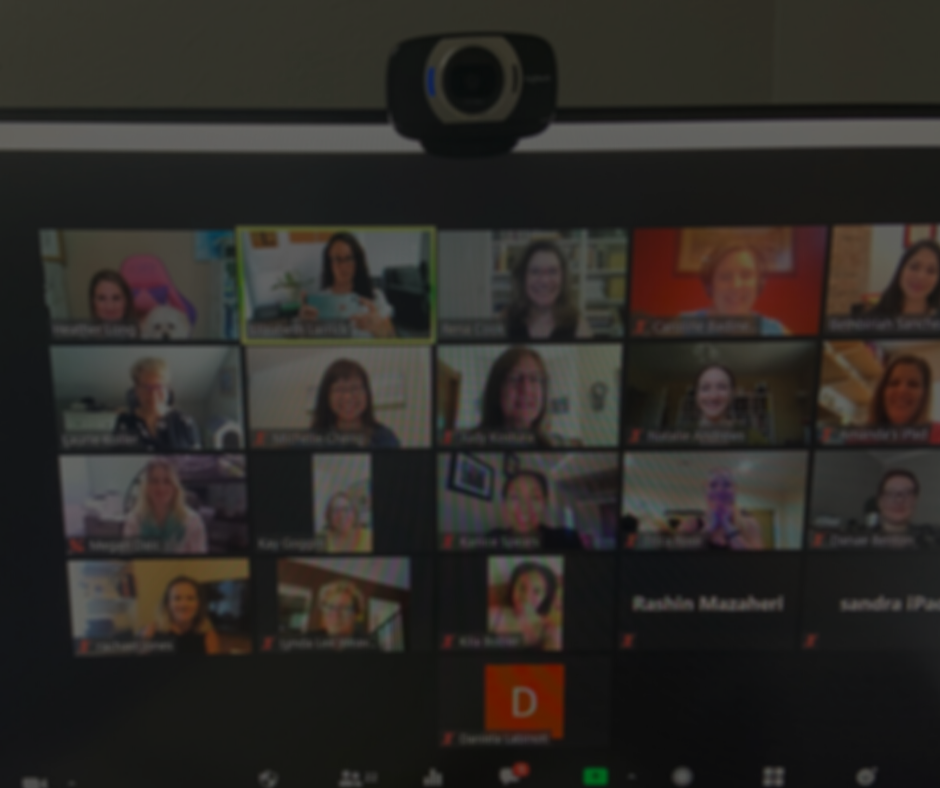Does Virtual Really Work for Lawyers?
Five Unexpected Benefits of the New Way of Working.
Ten months post COVID-19 invasion, the question I’m asked most is whether working virtually actually works for lawyers.
The short answer? Yes, it does.
Let’s back things up. While sitting in the dark in March and April, I was unsure about how to keep working up cases, running focus groups, and preparing clients. I cancelled all in-person focus groups for April with the hope that we’d be back in action in May. WRONG! It’s now January and there are still no expectations of being able to get folks together in a room for a deposition or focus group anytime soon.
In May, I started to experiment with virtual focus groups and client preparation. I ran two virtual test focus groups and haven’t looked back. Since then, I have held over twenty successful virtual focus groups. Using Zoom, I have prepared multiple clients across the U.S. from McAllen, Texas to Seattle, Washington. I have learned a lot and continue to tweak the process to get results.
Here are five unexpected benefits for lawyers when working virtually:
- Comfort. No one has to leave their home or office and go to a new environment. Everyone is in their own element, without concerns about getting lost or fears associated with a new experience.
- Ease of use. You can quickly jump into a virtual meeting with just a few clicks! Meetings are easily recorded to your computer or the cloud. Screen sharing provides quick access to your computer and your materials.
- Enhanced efficiency. Pre-COVID, time was set aside for folks to arrive, get situated, eat/drink snacks provided, and find restrooms. With virtual, everyone is ready to start at the designated time because they are at home, surrounded by anything they may need, so you can get more quality time with participants and clients.
- Unique focus group feedback. Folks are paying attention and giving solid responses. Participants’ facial expressions are captured by the technology, which is great for replays! And, it is possible to learn more details about participants through viewing their home space.
- Deeper trust building with clients. Clients appreciate the extra effort to keep them safe. And, with the additional time and access due to enhanced efficiency, you can spend more time connecting with the client and can learn about their home environment. Using the virtual platform also gets them ready for virtual depositions and hearings.
Of course, virtual is not without its challenges and interruptions. The average adult attention span is 8 seconds!
Here are four few lessons learned to work around distractions during virtual meetings and focus groups:
- Project a clear image. As the meeting facilitator, you must be visible and well-lit, with proper camera angles and lighting. Learn more simple tips here.
- Set expectations up front with participants. How long will each presentation take? What is the start and end time? Will there be breaks? Are they required to keep their cameras on? What kind of questions will be asked?
- Engage everyone in the meeting. Be sure to display first names for each person and call on them individually to contribute.
- Switch up presentation styles. Ask for folks to type their feedback in the chat, instead of talking. If you use PowerPoint, switch off between sharing your screen and showing yourself every 5-7 minutes, and ask questions to individuals. Use screen sharing to break up the meeting, even if you only use it to show one picture or ask one question on the white board.
My last, but most important piece of advice to make virtual work for you is to practice! The virtual platform is a great tool to use in our law firms. But like all things, practice makes perfect! Sign up for a free Zoom account and start your own meeting to test out the features. I’m also happy to run through a free test Zoom meeting with you to show you the features, just send me an email at [email protected].








